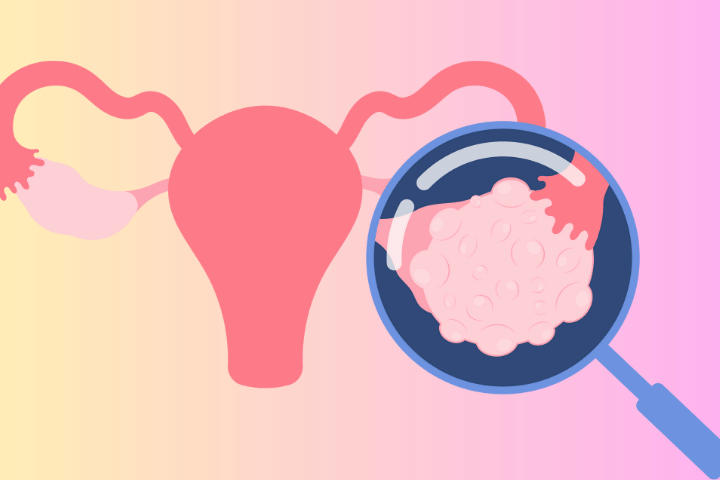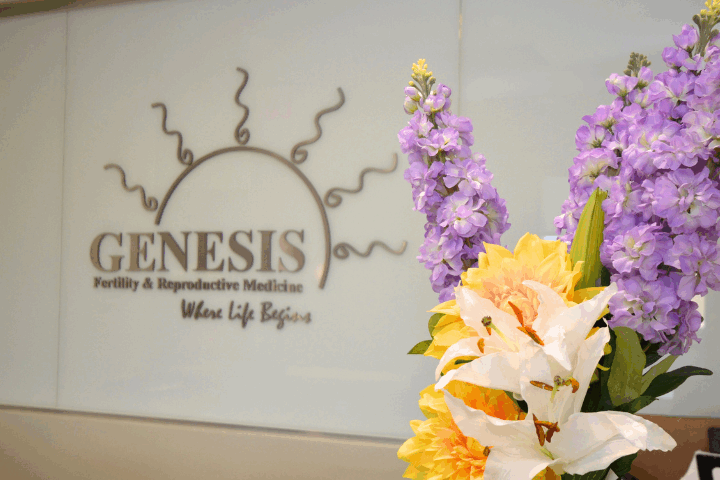Starting or growing a family is one of life’s most meaningful journeys—but it isn’t always simple. When infertility becomes part of that journey, patients are often faced with many choices about how to move forward. One term that has been gaining attention recently is “Restorative Reproductive Medicine” (RRM). At first, it can sound appealing—who wouldn’t want to “restore” natural fertility? But it’s important to understand what RRM actually is, how it differs from evidence-based fertility care, and why timing and treatment options matter so much for your family-building goals.
What is Restorative Reproductive Medicine?
On the surface, Restorative Reproductive Medicine sounds like a powerful approach: it focuses on diagnosing and treating the underlying causes of infertility to “restore” a woman’s natural reproductive function. For some, this means using methods like:
- Fertility awareness and cycle tracking to identify the best time for conception.
- Lifestyle changes such as improving nutrition, exercise, and avoiding certain environmental toxins that could impact fertility.
- Surgical procedures to address conditions like endometriosis or fibroids.
These are all important aspects of a fertility workup. In fact, most fertility clinics, including ours, incorporate these elements into patient care. We believe in helping our patients adopt healthy lifestyles and addressing any underlying medical conditions before moving on to more advanced treatments.
However, while these steps can have value for some patients, RRM generally excludes proven fertility treatments like in vitro fertilization (IVF) and other assisted reproductive technologies (ART). For many individuals and couples, IVF may be the only path to pregnancy—especially when there are male-factor causes of infertility, diminished ovarian reserve, or when donor eggs or sperm are needed.
Concerns with RRM
While the core principles of RRM are sound medical reasoning, the term itself has become a source of controversy. According to major medical bodies like the American Society for Reproductive Medicine (ASRM) and the American College of Obstetricians and Gynecologists (ACOG), the debate isn’t about the specific treatments used in RRM, but rather about the philosophy that often accompanies them.
Here are the key points of contention:
- Exclusion of Key Tools: A major criticism is that RRM often excludes highly effective, evidence-based treatments like In Vitro Fertilization (IVF) on ideological grounds, not medical ones. For many patients, especially those with conditions like male-factor infertility or severe fallopian tube damage, IVF is the only path to a successful pregnancy.
- Delays in effective treatment: Fertility is highly dependent on age. When patients spend valuable months or years pursuing RRM alone, they may lose precious time—making pregnancy more difficult or even impossible later on.
- Unnecessary procedures: RRM often emphasizes endometriosis surgery, even when it may not be needed for pregnancy. This can expose patients to added risks without guaranteed benefit.
- Limited scope: RRM tends to focus primarily on female fertility and can overlook male-factor infertility, which accounts for about half of all infertility cases.
- Exclusion of many families: RRM approaches are not inclusive of LGBTQ+ individuals, single parents, or anyone who may only be able to build their family through IVF.
- A “Rebranding” of Standard Care: Some medical organizations view RRM as a rebranding of what all fertility specialists already do: a thorough diagnostic workup, addressing underlying health issues, and providing personalized care. The concern is that using the term RRM can create a false narrative that standard fertility care somehow skips these crucial steps.
Ultimately, while lifestyle changes and fertility awareness can play a helpful role, relying on RRM alone may limit your options and increase emotional and financial stress. For more information, read ASRM’s Just the Facts on “Restorative Reproductive Medicine” and “Ethical IVF”
What Patient-Centered, Evidence-Based Fertility Care Looks Like
The goal of any fertility clinic should be to help you build your family in a way that aligns with your medical needs and personal values. A one-size-fits-all approach is never the right answer. For some, a focus on lifestyle and natural family planning may be the perfect first step. For others, due to their age or a specific diagnosis, a more direct path with interventions like IVF may be the most effective and compassionate choice.
At Genesis Fertility, we believe in patient-centered, evidence-based care that offers the full spectrum of treatment options. This means:
- Thorough diagnosis: Hormone testing, semen analysis, and imaging to understand the root causes of infertility.
- Treating underlying conditions: Addressing PCOS, thyroid issues, or endometriosis when appropriate.
- Offering the full range of options: From medications and minimally invasive procedures to IVF and third-party reproduction when needed.
We also encourage patients to take steps that can naturally support fertility—including nutrition, exercise, and reducing exposure to toxins. But most importantly, we help patients make informed decisions that reflect their goals, values, and medical needs.
The Genesis Approach
For decades, Genesis Fertility has been advocating for patients to have access to the fertility care they need. We know how stressful infertility can be, and we’re here to provide compassionate, personalized support. Our team follows ASRM guidelines and works closely with each patient to ensure they receive care that is both ethical and effective—never limited by ideology or politics.
A Final Word of Reassurance
If Restorative Reproductive Medicine has caught your attention, you may be wondering if it’s the right choice for you. Know this: you deserve care guided by science, compassion, and your unique needs—without limitations on your options.
At Genesis Fertility, our goal is to give you the best possible chance of building the family you dream of, with warmth and support at every step of the way.
This information has been medically reviewed by Alexander M. Kotlyar, MD, FACOG. Director of Resident Education at Genesis Fertility.
If you would like to learn more about GENESIS Fertility New York or are ready to schedule an appointment, please speak with one of our representatives at 929-605-5467.





